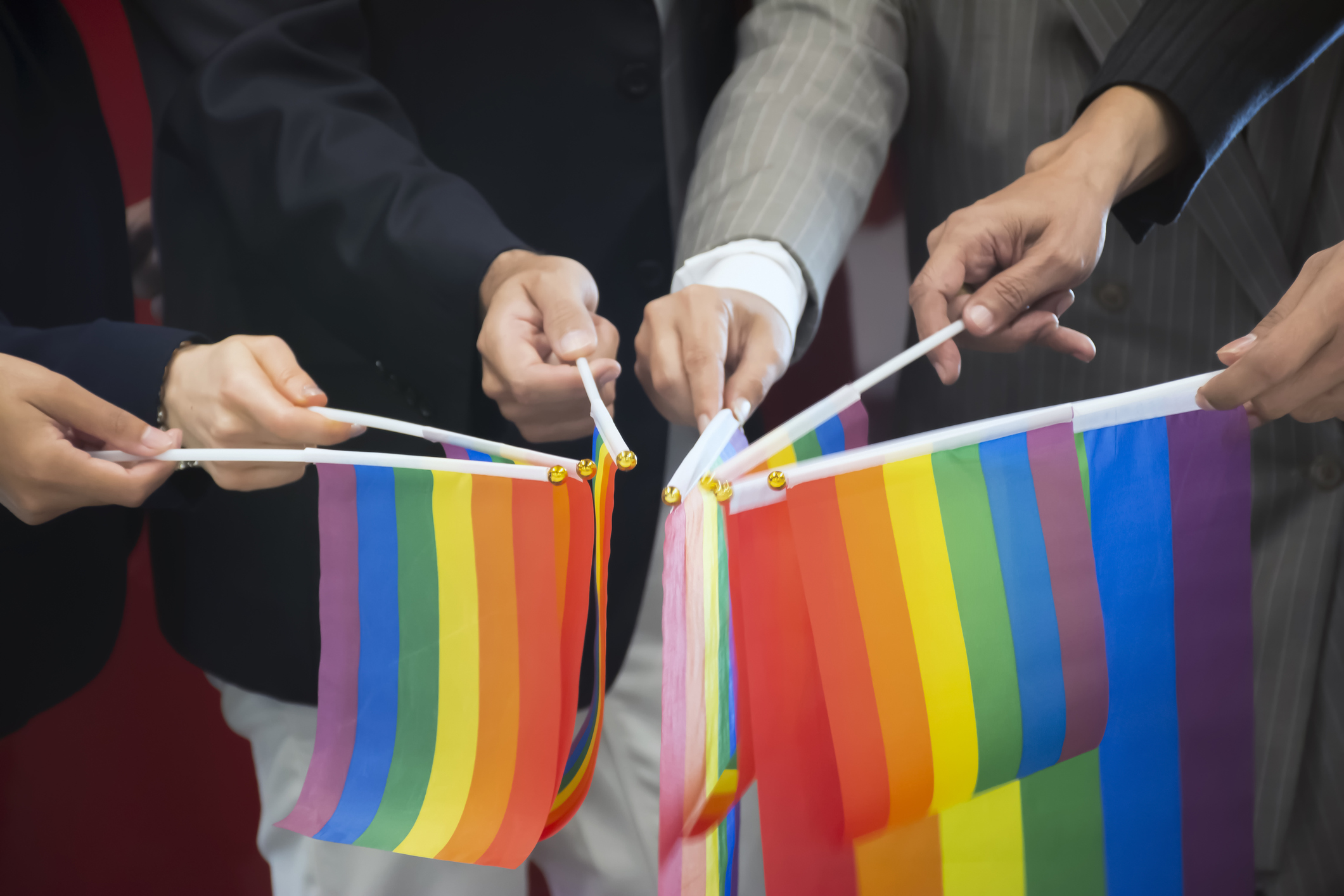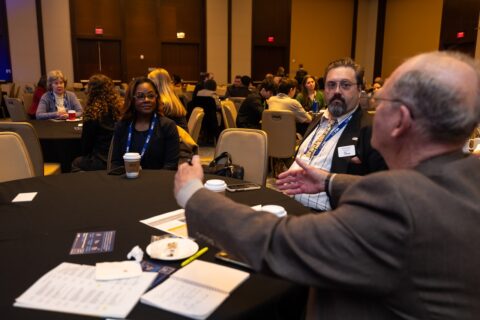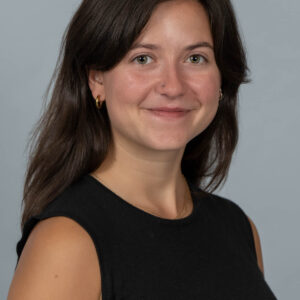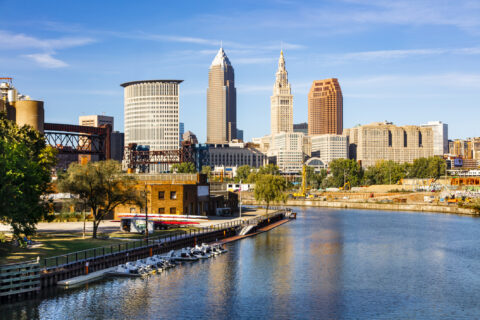By Kathy Kozachenko, Former Councilmember, Ann Arbor, MI
My name is Kathy Kozachenko, and this is my story – or at least part of it. Fifty years ago, I was a 21-year-old woman full of idealism and a passion for justice. I had come to the University of Michigan in 1970 wanting to be a part of the movement for social change that was still very much alive on college campuses throughout the country. Four years later, not only was I part of that movement, but I was running for city council as an openly gay woman. What led up to this, both in Ann Arbor and before that?
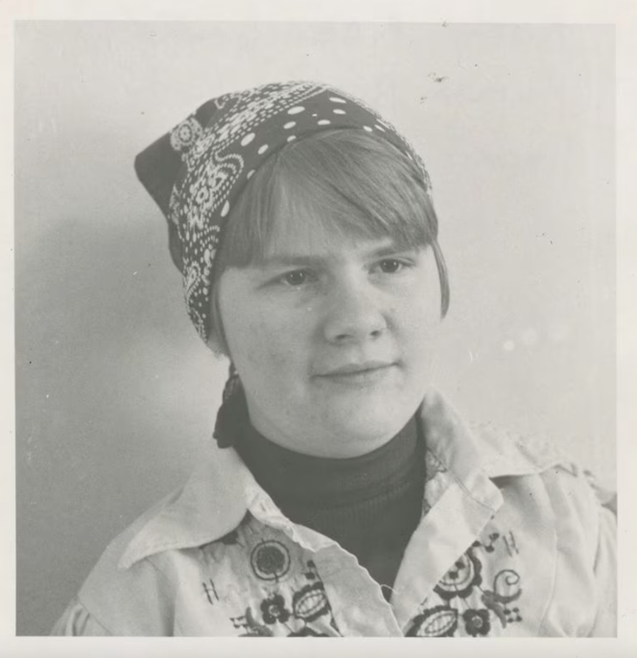
I didn’t grow up in a family that was politically involved. We didn’t discuss current events or much else at the dinner table. My interests (Bobby Kennedy, the United Farm Workers, the anti-war movement) were not shared by my high school classmates. (By the end of high school, it was popular to be against the war and to be liberal.) I was deeply concerned about the world and wanted to do what I could. At this time, the United Farm Workers (UFW) led by Cesar Chavez was staging a boycott of non-union grapes. My father would not allow me to join their weekly picket lines at the grocery stores. So, with the help of two of my teachers, I organized an informational meeting in my small town of Plymouth, Michigan. A representative of the UFW came out and discussed the working conditions and pay of farm workers and why the boycott was important.
When I got to the University of Michigan, I wanted to find an organization that shared my politics, my values and my commitment to social and economic change. I found that organization in the Human Rights Party (HRP). HRP was a statewide third party, founded in part by Zolten Ferency, a leading Democrat who differed with the party’s support of the Vietnam War. (Ferency later went back to the Democratic Party.) In Ann Arbor, the party was started by progressive and radical students who were active in the anti-war movement and also in the fight for tenants’ rights. HRP believed that electoral politics were one way to affect change, but certainly not the only way. We were a part of the women’s movement, the gay movement, and we were strong supporters of labor and the Black power movement.
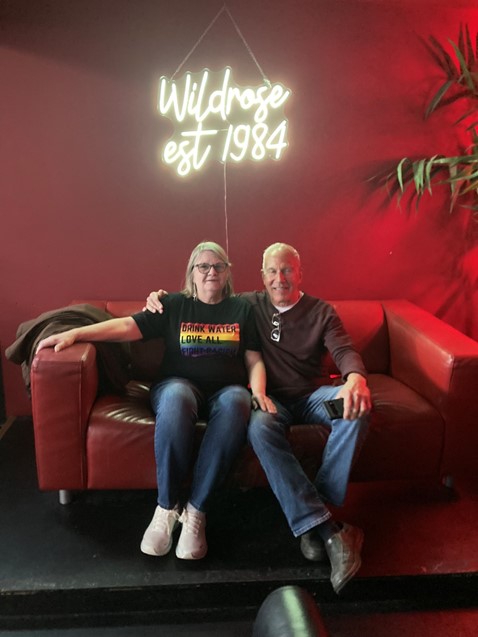
When I ran for office in 1974, the party already had two representatives on the city council – Jerry DeGrieck and Nancy Wechsler. While they were on council, they passed the first ordinance in the country banning discrimination based on sexual preference in housing, public accommodations and employment. Jerry and Nancy also came out while they were on the council.
My campaign focused on both city issues (the need for more money for social service programs) and social issues. The fact that I was running as openly gay was a statement in and of itself. We also discussed the need for stereotypical gender roles to be eliminated and for women’s rights and gay rights to be more widely established as policy–in city and state government and in corporate America as part of human resources policies.
A large part of HRP’s platform addressed economic injustice. We supported a living wage for employees and equitable funding of public education. We saw the funding of schools through property taxes as inherently unequal. The cost of availability of good daycare and public transportation impacted the ability of low-income and single-parent families to work.
Human Rights Party (HRP) also had two propositions on the ballot when I ran. One called for rent control (it lost). One called for a $5 marijuana fine – the lowest penalty in the nation at the time (it passed).
My being a lesbian was not a huge campaign issue. The student body was very accepting at the time and to be an activist and an out-lesbian was seen as a positive. Not by everyone, of course. One evening I was canvassing in a dorm, and I went into the room of a young man, He told me he was a devout Christian and homosexuality was not accepted in his religion. Then he said, “But God works in mysterious ways and I’m going to vote for you.”
The United Farm Workers lettuce boycott became an issue in the campaign. Students were demanding that the University of Michigan stop buying non-union lettuce. All of the lettuce on campus was non-union. My campaign opponent verbally supported the farmworkers and their boycott. However, the student newspaper exposed her eating non-union lettuce while HRP and I were actively supporting the farmworkers on the picket line.
I won my election and became the first openly LGBTQ person elected to office in the United States–three years before Harvey Milk’s victory in San Fransisco.
I served on the Ann Arbor City Council for two years as the only representative of the Human Rights Party. The first year I was on council, I introduced a bill to overturn a law allowing police officers to arrest a person for “disobeying the order of a police officer.” The law, I felt, was being used in a targeted and discriminatory way during my time at the University of Michigan to arrest student protesters simply trying to exercise their First Amendment rights. My bill failed.
The second year I was on council, I was the swing vote, and I negotiated a city budget that increased funding for social service programs. This was a rare occasion. For the most part, my vote was taken for granted and my opinion was not sought on anything.
Ultimately, I chose not to run for reelection–I felt city council wasn’t the best place to use my voice for change. I also wanted to live in a more working-class city, rather than a college town. In 1978, I moved to Pittsburgh and have lived here for over 40 years.
My activism continued. I helped organize the first March on Washington for lesbian and gay rights in 1979. My major role was to spread the word about the March and encourage folks to come.
Sometimes with a friend and sometimes alone, I went to every gay bar in Pittsburgh, handed out our flyers, and talked to people about the march. I don’t remember the exact number, but Pittsburgh sent a sizeable number of buses to Washington. Over the years, I have protested the beating of Rodney King and the killing of Johnny Gammage in Pittsburgh. I have campaigned for various electoral candidates–school board, state representative, US Senate and Congress. I am currently a member of Moms Demand Action and the League of Women voters, registering voters and providing information on who is running for office and their responses to League questions. The goal is for high voter participation and knowledgeable voters – regardless of what side of the aisle you stand on. I work for Palestinian self-determination while vigorously opposing anti-semitism in any and all forms.
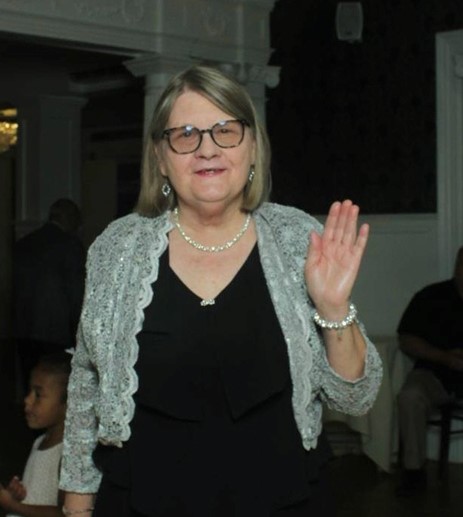
As I write this now, as a 71-year-old woman, I feel it is more important than ever to be active. In today’s political climate, many hard-won rights that protect women, LGBTQ people and other minority groups are being overturned.
Our nation is so deeply divided that political opponents are seen as enemies, not individuals with differing opinions. It is almost as if we have no common foundation. All of us–those who are in politics and those of us who are not–need to deeply respect and protect our democracy. We also need to protect the separation of church and state. The ability of many faiths to flourish and the freedom of individuals to have no religious belief at all stand side by side as cornerstones of our democracy. If we as a country could agree on just these two things, it would be a recognition of common history. It would be a start.
Connect with NLC’s LGBTQ+ Local Officials
NLC’s LGBTQ+ Local Officials constituency group provides a space for elected officials and allies to share best practices, tackle issues affecting their communities, and form connections with municipalities across the country. Learn more on their webpage or contact constituencygroups@nlc.org for further information on how to join.
